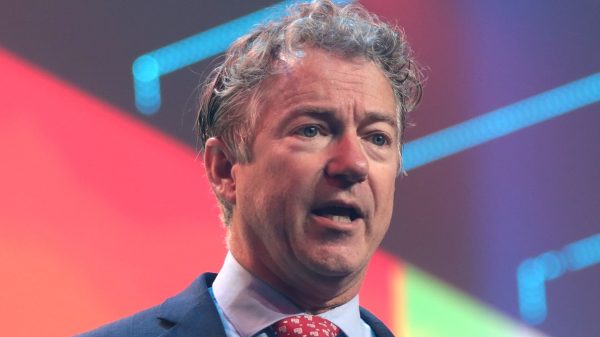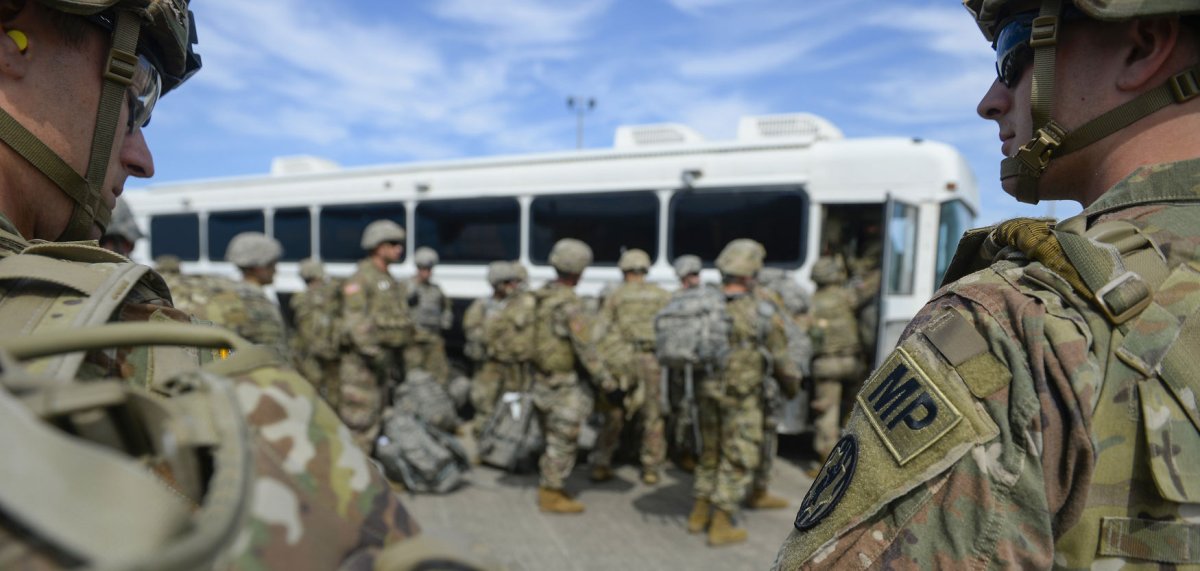In support of Texas, Louisiana National Guard troops will be sent to the border between the United States and Mexico, according to Governor Jeff Landry. The declaration came after a briefing on Sunday, February 4, during Operation Lone Star, during which fourteen governors—including Texas Governor Greg Abbott—discussed how they would respond to the administration of Joe Biden’s perceived inability to protect the southern border.

Governor Jeff Landry Plans Louisiana National Guard Support for Texas at U.S.-Mexico Border Amidst Biden Administration Criticism
Louisiana National Guard to Assist Texas in Border Security Amidst Concerns of Drug Influx
During the briefing at Shelby Park in Eagle Pass, Texas, Governor Landry highlighted concerns about the open borders leading to the influx of drugs and human trafficking, posing risks to the entire nation. He emphasized the need to enforce immigration laws and voiced Louisiana’s commitment to assisting Texas in addressing the border challenges.
Governor Landry’s decision to send the Louisiana National Guard troops is a reciprocal gesture for the support Louisiana has received from Texas in the past. Landry emphasized that the rule of law must be upheld, and collaborative efforts are crucial in addressing border security issues.
READ ALSO: NATO Secretary General Wraps Up US Tour, Emphasizing Unity And Security Commitments
Supreme Court Ruling on Border Wire Sparks Abbott’s Ongoing Battle to Defend Texas
The briefing at Shelby Park, a 47-acre area along the Rio Grande, included discussions on Operation Lone Star’s measures, such as installing concertina wire to prevent illegal crossings. This location has become a focal point in a constitutional dispute between the state and federal government. In a recent 5-4 decision, the U.S. Supreme Court sided with the Biden administration, allowing Border Patrol agents to cut the wire to apprehend individuals who crossed the river.
Governor Abbott, undeterred by the Supreme Court decision, reaffirmed his commitment to defending border communities. He views the situation as an “invasion” and vows to continue the fight against federal authorities. The governor’s persistence in protecting Texas from perceived threats adds complexity to the ongoing border discussions, as states grapple with the intersection of federal policies and local concerns.

















































